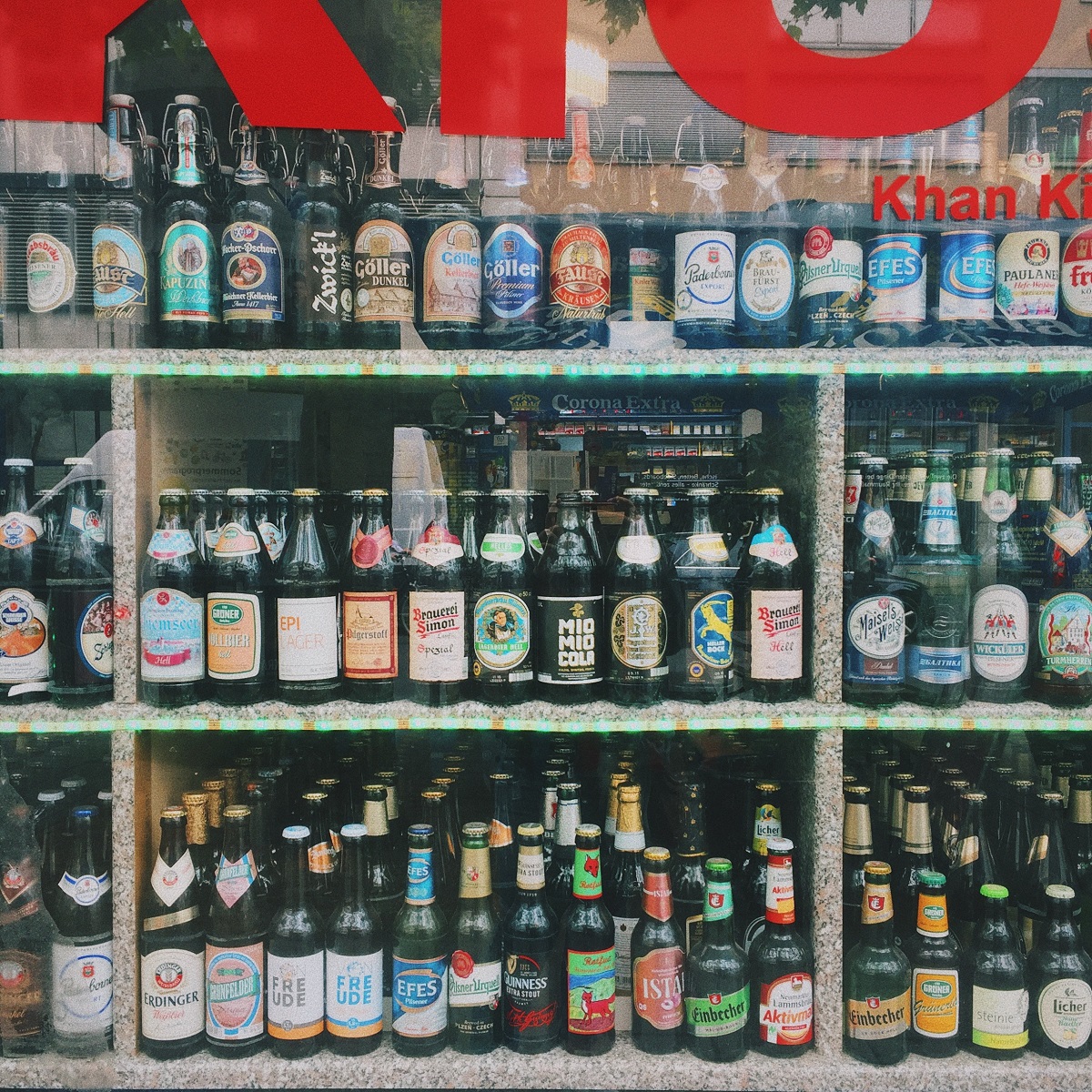News
Solon lauds signing of ‘lifesaving’ higher sin tax law

Salceda said alcoholism is linked with about 40 main diseases, including liver cirrhosis, cancer, pancreatic disease, hypertensive disease, tuberculosis, diabetes, and mental diseases. (File Photo by Tiara Aracama/Unsplash)
MANILA – The chairman of the House Ways and Means Committee on Thursday said the newly-signed law imposing additional excise taxes on alcoholic beverages and e-cigarettes would save thousands of lives due to healthier consumption of products.
Albay Rep. Joey Salceda made the statement as he lauded President Rodrigo Duterte for signing the “lifesaving” law, which would also provide enhanced funding for universal health care (UHC).
“Once again, the President acted decisively for the public interest. Alcohol alone accounts for as many as 10,372 road crashes every year. Based on anecdotal evidence from the PGH (Philippine General Hospital), the number is probably bigger, as they claim that about 50 percent of all vehicular accident cases that they treat have some alcohol involved.” Salceda said.
Salceda said alcoholism is linked with about 40 main diseases, including liver cirrhosis, cancer, pancreatic disease, hypertensive disease, tuberculosis, diabetes, and mental diseases.
Citing 2016 data of the World Health Organization, he said some 4,431 per 100,000 population of Filipinos died from liver cirrhosis; 16,418 from hypertensive diseases; and 8,526 from tuberculosis – all linked to excessive use of alcohol.
“Surely, any move that reduces average national consumption is good news,” Salceda said.
He also cited a 2010 study by British medical experts David J. Nutt, Leslie A. King, Lawrence D. Phillips, which considered alcohol among the most socially-harmful substances because it is linked with vehicular accidents, violence against women and children, and other acts of imprudence and violence.
Salceda noted that the preliminary estimates from the Department of Finance (DOF) indicate that alcohol may have an economic cost of as much as 1.7 percent of GDP every year, equivalent to about a third of the country’s annual health expenditure.
“My own estimates come somewhere closer to 2.0 percent of GDP when you account for lost productivity on those who did not use alcohol but were somehow harmed by someone who was under the influence of alcohol,” he said.
“If you could recover all of that, theoretically we could be growing by 8 to 9 percent every year, not to mention we would be healthier,” he added.
Salceda also welcomed the increase in excise taxes on e-cigarettes.
“Precautionary principle dictates that we should have taxed it higher and regulated it more closely the first time we taxed it because it was a new product with little clinical examination. As soon as I became Chair, I moved to correct the problem. I’m glad President Duterte fully agrees.” Salceda said.
He also noted that while the law made alcohol less affordable, it did not change the country’s ranking on the cheapness of the product in the Asean region.
“At some point in the future, of course, we will have to review the alcohol taxes. I’m bullish about Philippine growth, and with growth comes purchasing power… And the more the average Filipino earns in the next few years, the more affordable alcohol will become. Natural naman sa (It is just natural in) policymaking ang openness to future evaluation,” Salceda said.
“For now, let’s celebrate this win for the people. Tomorrow, I will begin taking concrete steps to help make the implementation of UHC more effective and impactful.” Salceda said.
The Finance department has estimated that the higher taxes on alcohol beverages and e-cigarettes would yield PHP47.9 billion for the UHC program next year, and a total of PHP356.9 billion for the program over the next five years.





















